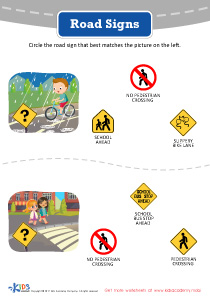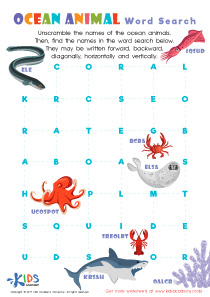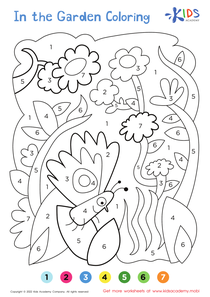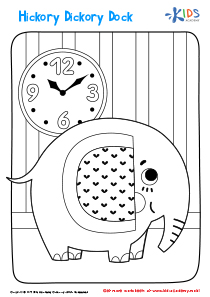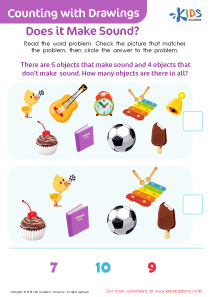Matching and Sorting Quizzes for Ages 3-4
5 results
5 filtered results
Clear all filters5 filtered results
-
From - To
Introducing our vibrant collection of Matching and Sorting interactive assessment quizzes, perfectly tailored for children aged 3-4. These engaging quizzes are designed to check knowledge and provide immediate feedback, fostering a fun and supportive learning environment. With a variety of colorful themes and interactive challenges, our quizzes make mastering the concepts of matching and sorting an enjoyable journey. Ideal for early learners, these quizzes help develop critical thinking and problem-solving skills in a playful context. Dive into our Matching and Sorting quizzes for Ages 3-4, and watch your little ones delight in their learning achievements!
The Importance of Matching and Sorting for Ages 3-4 in Educational Development
In the formative years of early childhood, engaging and interactive learning methods are pivotal in laying down the foundational blocks of education. Among these, Matching and Sorting activities crafted specifically for kids ages 3-4 stand out as both fundamental and transformative in their educational journey. These activities, particularly when integrated into interactive quizzes, offer a multitude of benefits that cater to the developmental needs of young learners, aiding them not just academically but in their overall cognitive growth.
Fostering Cognitive Development Matching and Sorting for Ages 3-4 are not just games; they are strategic learning tools designed to challenge and stimulate the young mind. By participating in these activities, children learn to recognize patterns, understand relationships between objects, and develop logical thinking skills. These are crucial cognitive abilities that serve as the cornerstone for problem-solving and analytical thinking in later stages of their education.
Enhancing Fine Motor Skills Interactive quizzes that involve Matching and Sorting require children to manipulate objects, whether they are physical cards or digital icons on a touchscreen. This hands-on approach is instrumental in refining their fine motor skills. Grasping, moving, and placing objects in the correct order or location does not only keep them engaged but also improves their hand-eye coordination and dexterity.
Building Vocabulary and Language Skills As children match and sort objects, they are also introduced to new words and concepts. Each object in the quiz represents an opportunity for vocabulary expansion. Descriptive terms used in sorting categories such as color, shape, size, or type, enhance their language skills, making it easier for them to express their thoughts and ideas more precisely.
Encouraging Independence and Confidence Interactive quizzes designed for Matching and Sorting allow children to take control of their learning process. As they navigate through the quizzes, making decisions and solving problems independently, they build self-confidence. The immediate feedback provided in these interactive settings helps them understand and correct their mistakes, fostering a resilient and growth-oriented mindset.
Promoting Social Skills Though seemingly designed for individual play, Matching and Sorting activities can also be collaborative, encouraging children to work in pairs or small groups. This not only makes the learning experience more enjoyable but also teaches them valuable social skills such as sharing, taking turns, and communicating effectively with peers.
Tailored Learning Experience One of the significant advantages of interactive Matching and Sorting quizzes for kids ages 3-4 is the ability to tailor the difficulty level according to the child's learning pace. This personalized approach ensures that children are neither under-challenged nor overwhelmed, keeping their motivation and interest levels high.
In conclusion, Matching and Sorting activities for ages 3-4, especially when delivered through interactive quizzes, are an excellent means of supporting early childhood education. They engage children in a fun and meaningful learning process, nurturing various essential skills that are beneficial not just academically but in their overall development. By integrating these activities into the learning curriculum, educators and parents can provide a robust foundation for children's future educational endeavors.


